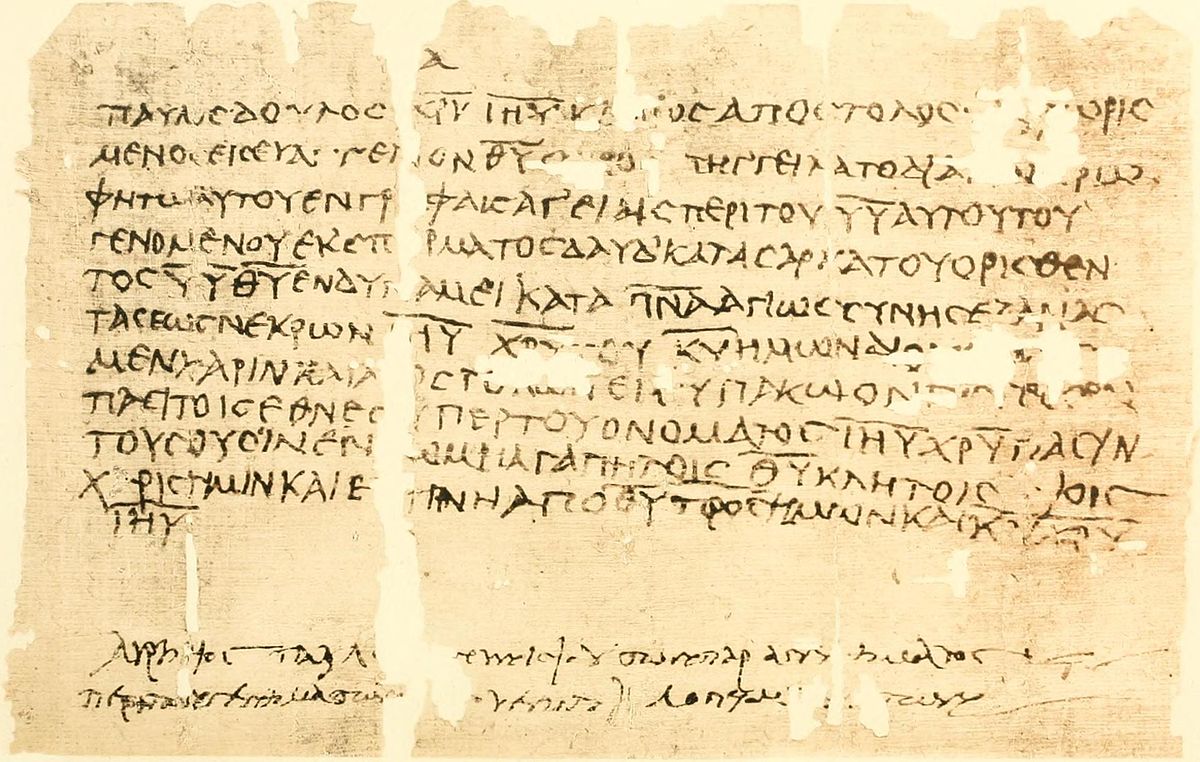“Give me some props.” Many of you didn’t grow up saying that, but some of us did. What does it mean? Give me credit. Feed my ego. “Give me some props.” Why did I think of that now? I thought of it because St. Paul talks about boasting, and all boasting outside of Christ is illusory and shallow—props—like props on the stage of a play. It may look nice, but it is not the real thing. When the show is done, the props are thrown out or burned. When life is over, our boasting is fit for the same trash bin or fire.
“Then what becomes of our boasting? It is excluded. By what kind of law? By a law of works? No, but by the law of faith.” Notice, the fact that we cannot boast in the law does not throw out the law. Notice, the fact that we cannot boast in the law does not mean the law does not indeed command God’s will which is to be upheld. Rather, the fact that we cannot boast in the law means that we have failed to keep it and cannot be saved by it. It means that for every work we attempt to boast in, there are several more that testify against us to our shame. The one who confesses this truth upholds the law, because he acknowledges the perfection of the law, his inability to keep it, and the seriousness of the threats and punishments that result from such transgression. The one who boasts in the law or claims salvation by it does not uphold it, because he inevitability robs it of its perfection, stripping it of those commands he cannot keep, pretending it is something trite and unproblematic, playing down the threats and punishments that result from transgression, denying them when he must. Such a person is like someone who claims it is not hard to reproduce a Picasso work, and then proceeds to ruin the original in order to make it easier to copy.
The law is fulfilled in Christ alone, for it is Christ alone that kept the law all his days, Christ alone who submitted as the venomous threats of the law were carried out as physical and spiritual torture on Good Friday, Christ alone who was laid in the tomb that we also might rise from it. There is no middle ground. “It is finished,” or it is not. Boast in works or trust in Christ. Revel in shallow praise or take refuge in Christ’s wounds. Be damned by works or justified by faith. Either way, the law is to be done, in the vain hope of salvation, or as a sacrifice of praise and thanks to the God who has redeemed you. The law has not been negated. It still bears God’s commands and reveals his will. For that reason, it must be kept. The flesh will keep it to avoid punishment and earn favor. Christians will keep it because they love the Lord, and thus they love his law, seeing in it an opportunity to serve their God and their neighbor, seeing in it God’s love for them as he commands the very things that benefit both us and society. The law is not excluded. Boasting in the law is. The law is not rejected. It is fulfilled, but not by us. It is fulfilled in Christ, and it is only in Christ that we can observe it with works flowing, not from pride or self-interest, but from faith and love, with hearts knowing we cannot fulfill it, with hearts knowing that Christ, however, has done so on our behalf. In him we boast. In him, we serve. In him, we offer up our sin-stained works—for even are best works still bear our sin—and in him, the Father rejoices in these sacrifices of praise, which is itself an act of grace.

